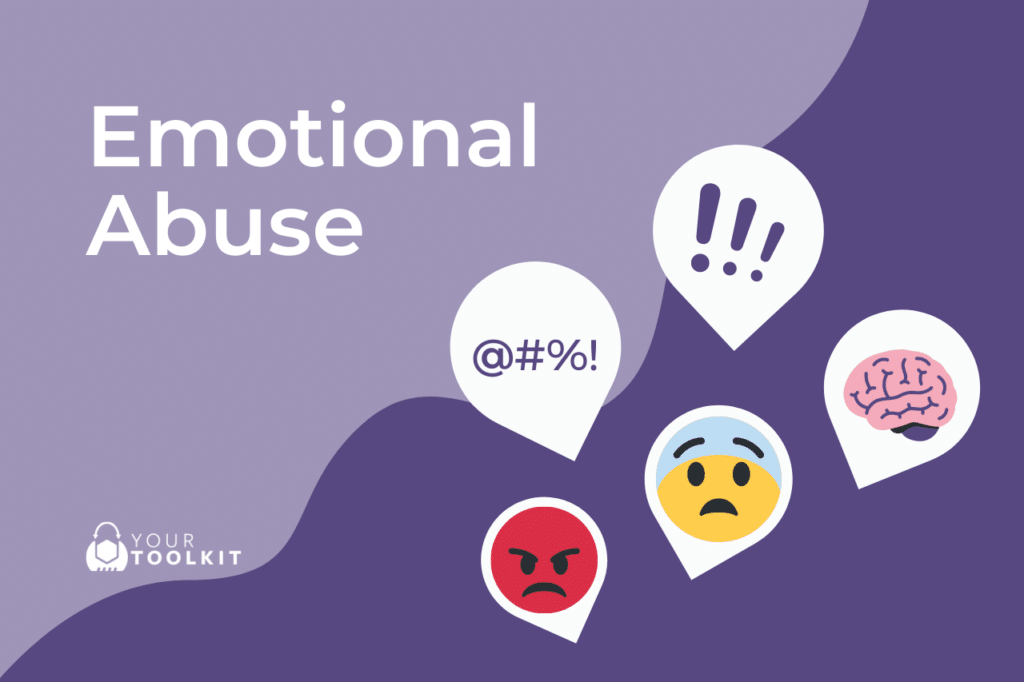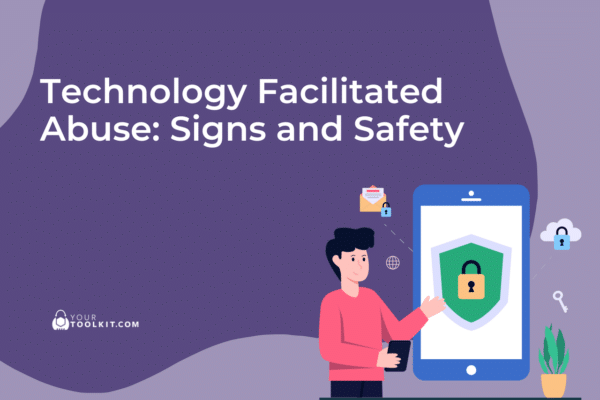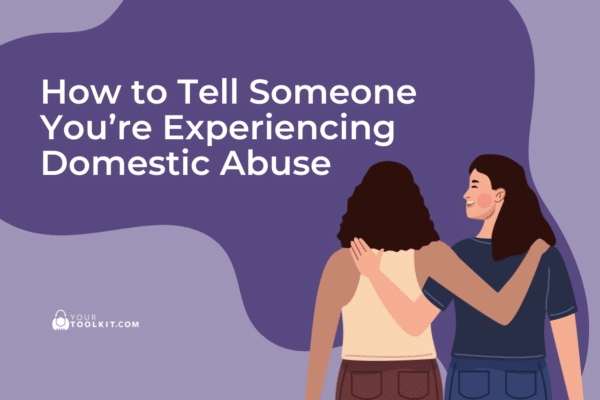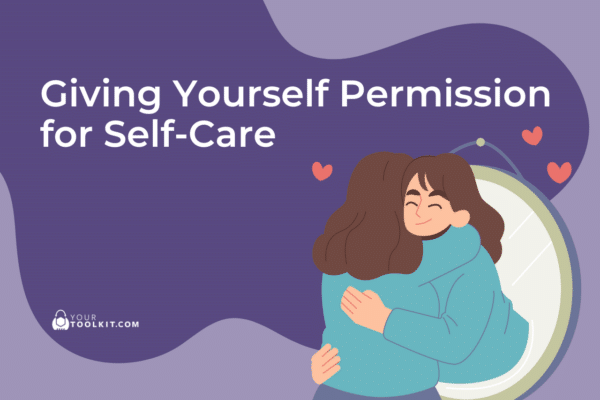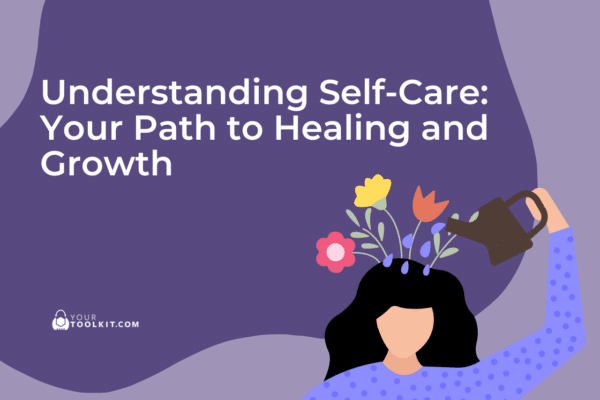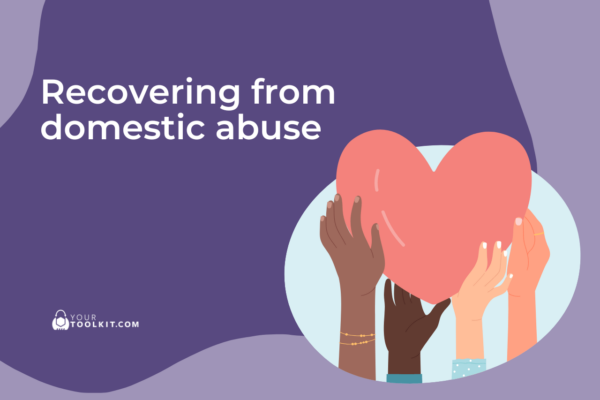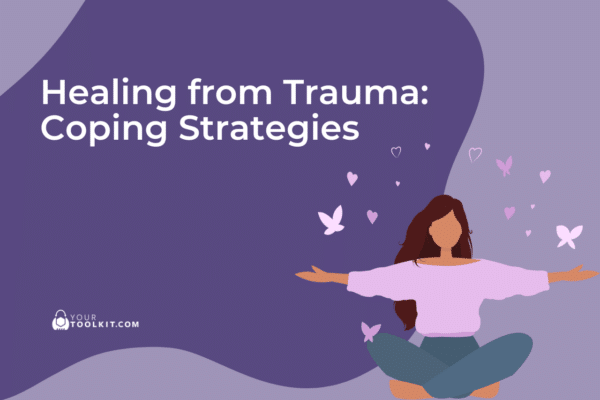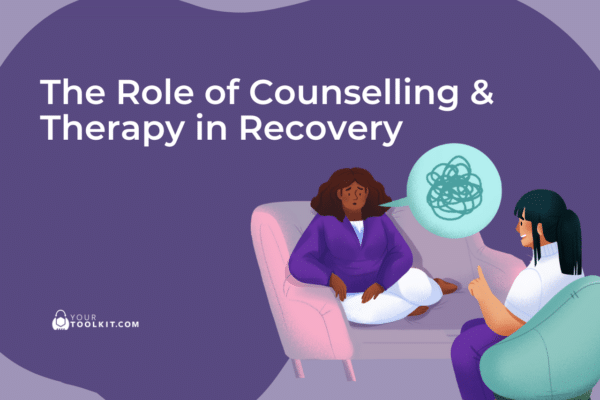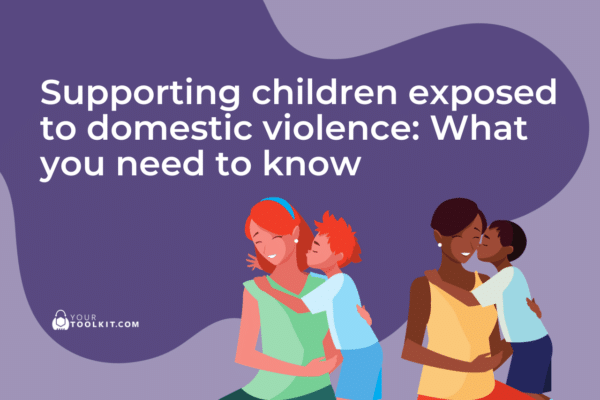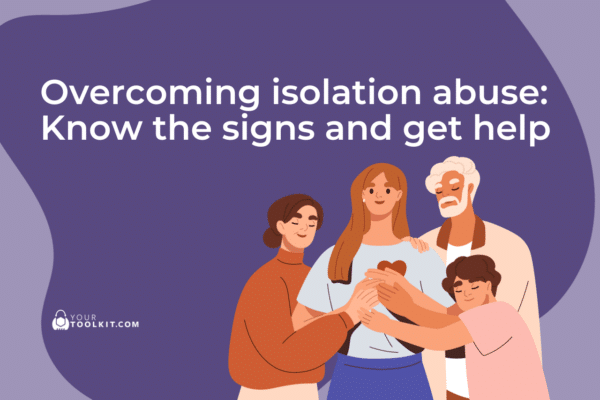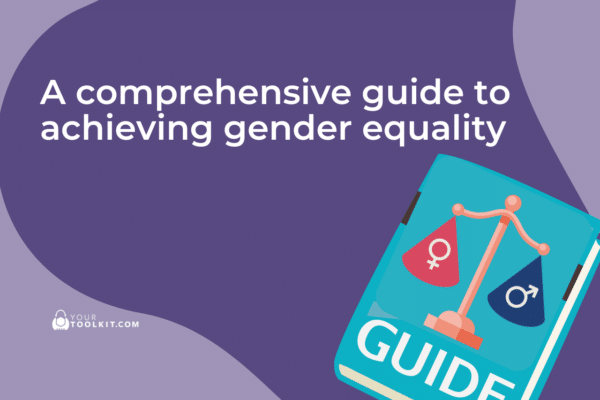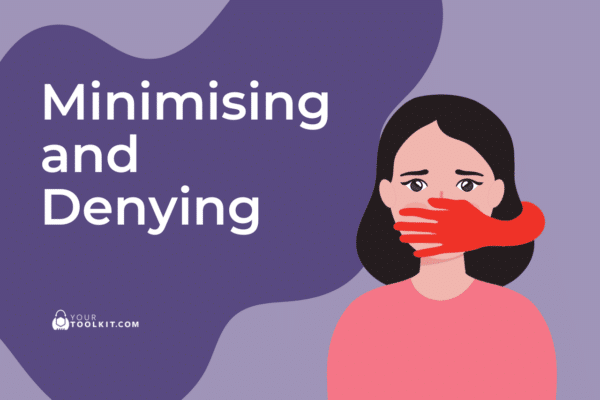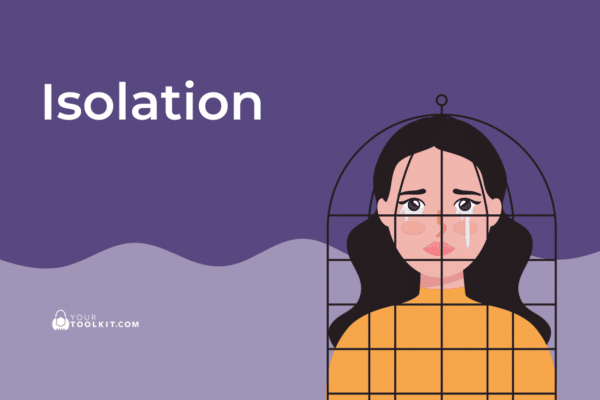Emotional abuse, also known as verbal or psychological abuse, is the use of words, behaviours, and body language to maintain power and control over someone. In abusive relationships, emotional abuse is often accompanied by physical, sexual or financial abuse; learn more about other types of domestic violence here.
Healthy conflict vs emotional abuse
Healthy conflict
- Is a normal part of adult relationships
- Gives each person the opportunity to express their feelings
- Allows people to work through a problem together
- Can involve heightened emotions
- Is productive
Emotional Abuse
- Often involves insults, put-downs, threats, and extreme emotional outbursts
- Feels harmful; Comments are intended to damage your self-esteem, confidence, or sense of reality
- Is unwanted and unproductive; the conversation feels like an attack
- Is unequally experienced; a partner is using language to control or dominate you
What does emotional abuse look like?
Being continually subjected to unrealistic expectations, for example
- Not being permitted to have a different opinion
- Demanding you spend all of your time together
- Expecting you not to have any wants or needs of your own
- Dismissing things that have upset you unless you can name exact dates, times, and the order of things said
Being continually invalidated
- Dismissing or distorting your perceptions and experiences – accusing you of blowing things out of proportion, exaggerating or ‘seeing things that are not there’
- Dismissing how you feel – brushing you off as too sensitive, too emotional, unreasonable, crazy, and/ or ‘needing help’
- Calling you selfish, needy, clingy or too demanding when you express your needs
Living in fear of a partner’s temper
- Sudden and extreme mood swings or outbursts
- Being criticised and subjected to snide comments about little things in your appearance, your work, your hobbies, or your capabilities as a parent or partner
- Feeling like you are often ‘walking on eggshells’ around a partner
- Feeling afraid to make mistakes or do anything ‘wrong’ around a partner
Being the target of emotional blackmail
- Being humiliated in public or private for no apparent reason
- Being made to feel guilty for making a request, even something as trivial as choosing a meal or a movie
- Reminding you of, and exaggerating, flaws they perceive you to have
- Receiving ‘the silent treatment’ or having affection withheld as punishment
Being treated as inferior
- Being continually doubted, belittled, and talked down to
- Having your suggestions, opinions and judgement constantly attacked and ‘proven wrong’
- Being blamed for accidents or mistakes that are not your fault
- Finding yourself constantly apologising for everyone and everything
Being controlled and/or isolated
- Demanding you spend all of your time together
- Being made to feel guilty when you spend time with family and friends
- Having your text interactions and location digitally monitored
- Having to fend off, defend or simply accept criticisms and attacks on your friends and family
- Your partner refusing to see your family and friends with you
- Your partner refusing to allow your family and friends to visit you or to stay with you at home, e.g., when they would like to visit from out of town
Red flags to watch for:
- Name-calling
- Gaslighting
- Shaming
- Blaming
- Accusations of cheating
- Possessiveness and jealousy
- Withholding affection as punishment
- The ‘silent treatment’ as punishment
- Isolation from friends and family
- Threats to harm themselves (e.g., if you leave the relationship)
- Threats to harm you, pets, or other people in your life
- Threats to report you to the authorities for ‘wrongdoing’
- Location monitoring
- Message monitoring and digital harassment
- Destruction of your things and property, often ‘by mistake’
What are the impacts of emotional abuse?
Emotional abuse generally leaves a person feeling trapped in their relationship but too afraid to leave because the risk of something bad happening if they do leave is too high. It has severely damaging effects on a person’s mental health and self-esteem, as well as their relationships with other people outside of the relationship.
